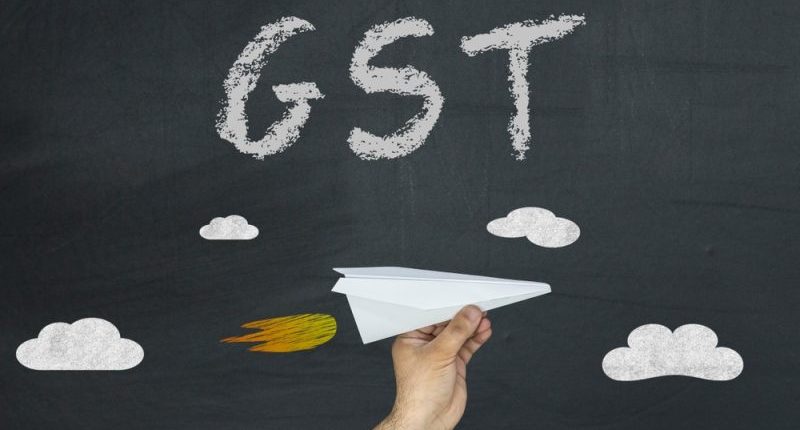The Gujarat High Court has upheld the constitutional validity of section 13(8) (b) of the IGST Act. The section covers the place of supply for intermediary services under GST. The case being referred to is Material Recycling Association of India versus UoI, where the petitioner challenged the validity of this provision for Articles 14, 19, 265 and 286 of the Indian Constitution.
The section currently specifies that the place of supply for intermediary service is the location of the supplier. An intermediary is defined under the IGST Act. He is a broker or an agent who arranges for the supply of goods, services or securities between two or more persons. It expressly excludes a person supplying such products or services on his account.
The petitioner association wanted the respondent to refund the GST deposited with the government on the commission received by its members. Such members provide business promotion and marketing services to their foreign clients. Hence, the petitioner maintained that it is a case of export of service and must be awarded the benefit of IGST refund similar to any other ‘zero-rated supplies’. Another contention of the petitioner was that levying GST would lead to double taxation on the transaction.
Export of services under the IGST Act specifies that the place of supply must be outside India. Further, the court stated that just by raising an invoice on a recipient outside India or receiving payment in foreign exchange, it could not be export of service. Accordingly, CGST and SGST are levied instead of IGST. As far as double taxation is concerned, the court held that the commission paid would be claimed as a business expense by the foreign recipient.
The petitioner also had several other contentions. Section 13(8) (b) contradicts the concept of GST as a destination-based tax. Article 286 of the Constitution covers the non-imposition of tax on export of goods out of the territory of India. CGST and SGST levied would otherwise be ultra vires. Article 14 of the Constitution provides equal protection of law within the territory of India.
Also Read: Taxpayers Under Reporting Turnover to Avail GST Compliance Relaxations
Levy of different taxes on services provided within the territory and supplied outside the territory will violate this article. Entry 12AA of IGST (Rate) notification no. 9/2017 imposes nil rate of tax on export of goods while keeping services out of its purview, where both supplier and recipient is outside India.
However, the court disposed of the petition by upholding the constitutional validity of the place of supply provision for intermediary services. A similar provision was also present in the preceding service tax law which continues under GST too. Entry 12AA will not be discriminatory since the location of the supplier as well as the recipient has to be outside India to attract the relief under the notification.
The very intention of keeping the place of supply as the location of the supplier for intermediary services was to levy CGST and SGST. Therefore, the levy is within the authority of the parliament. Depending upon the nature of service qualifying as an intermediary service, GST may be levied.
The terms and conditions of the agreement must be verified to conclude whether or not a service is that of an intermediary under the IGST Act. These depend upon the extent of the risk taken by the service provider. Where the business risk of the supply is directly upon the seller or buyer instead of the agent, then it is a case of an intermediary service. For instance, BPO falls into this category too.
The Indian government needs to reconsider and keep certain revenue-bearing services out of the scope of taxation of intermediary services. Otherwise, our country may lag in competing for market leadership when compared to a few of our neighbouring countries that currently exempt such services.
For any clarifications/feedback on the topic, please contact the writer at annapoorna.m@cleartax.in
Annapoorna, popularly known as Anna, is an aspiring Chartered Accountant with a flair for GST. She spends most of her day Singing hymns to the tune of jee-es-tee! Well, not most of her day, just now and then.





